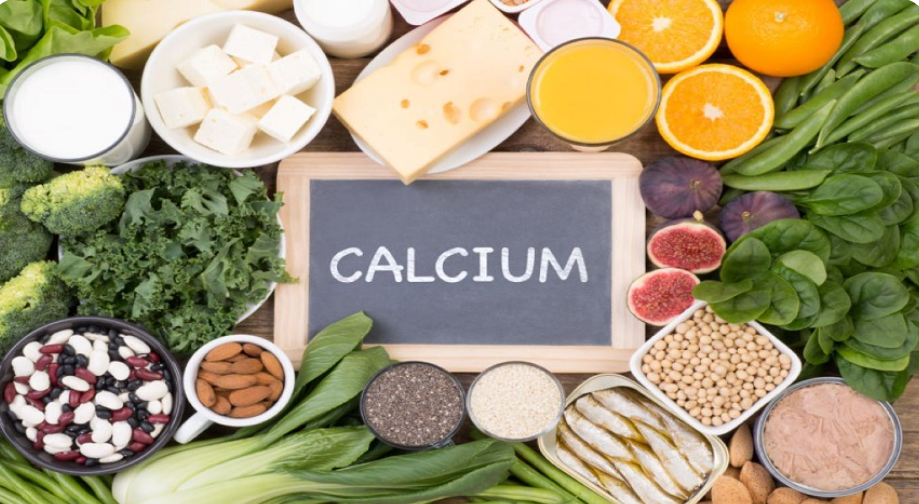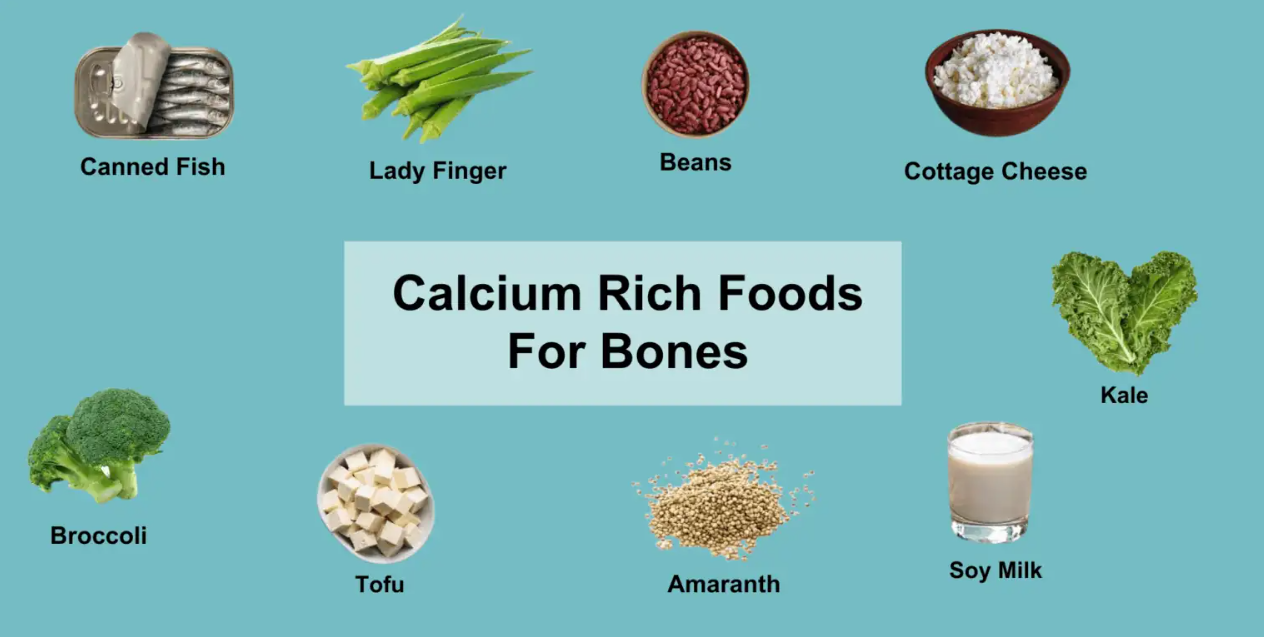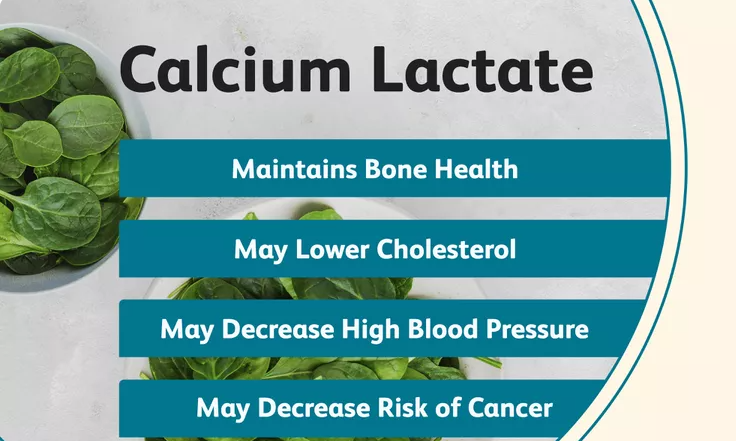
Benefits and sources of calcium
7th Nov 2024
Calcium is a nutrient that all living organisms need, including humans. Dietary sources of calcium include dairy products, green leafy vegetables, nuts, seeds, and fortified products.
Calcium is the most abundant mineral in the body. Humans need calcium to build and maintain strong bones, and

Calcium occurs naturally in many foods, and food manufacturers add it to certain products. Supplements are also available.
Alongside calcium, people also need vitamin D, as this vitamin helps the body absorb calcium. Vitamin D comes from fish oil, fortified dairy products, and exposure to sunlight.
This article looks at why the body needs calcium, which foods are rich in calcium, what happens if the body does not have enough, and the pros and cons of taking supplements.
Calcium plays various roles in the body. These include the following:
Bone health
Around 99% of the calcium in the human body is in the bones and teeth. Calcium is essential for the development, growth, and maintenance of bone.
As children grow, calcium contributes to the development of their bones. After a person stops growing, calcium continues to help maintain the bones and slow down bone density loss, which is a natural part of the aging process.
Females who have already experienced menopause can lose bone density at a higher rate than males or younger people. They have a higher risk of developing osteoporosis, and a doctor may recommend calcium supplements.

Muscle contraction
Calcium helps regulate muscle contraction. When a nerve stimulates a muscle, the body releases calcium. The calcium helps the proteins in muscle carry out the work of contraction.
When the body pumps the calcium out of the muscle, the muscle will relax.

Cardiovascular system
Calcium plays a key role in blood clotting. The process of clotting is complex and has a number of steps. These involve a range of chemicals, including calcium.
Calcium’s role in muscle function
Vitamin D is also essential for bone health, and it helps the body absorb calcium. Find out more about vitamin D and why we need it.

Other roles
Calcium is a co-factor for many enzymes. Without calcium, some key enzymes cannot work efficiently.
Studies have also suggested that consuming enough calcium can result in:
- a lower risk of developing conditions involving high blood pressure during pregnancy
- lower blood pressure in young people
- lower blood pressure in those whose mothers who consumed enough calcium during pregnancy
- improved cholesterol values
- a lower risk of colorectal adenomas, a type of non-cancerous tumor

Further resources
For more in-depth resources about vitamins, minerals, and supplements, visit our dedicated hub.
- yogurt
- milk
- fortified dairy alternatives, such as soy milk
- sardines and salmon
- cheese
- tofu
- green leafy vegetables, such as broccoli, turnip leaves, watercress, and kale
- many fortified breakfast cereals
- fortified fruit juices
- nuts and seeds, especially almonds, sesame, and chia
- legumes and grains
- cornmeal and corn tortillas

